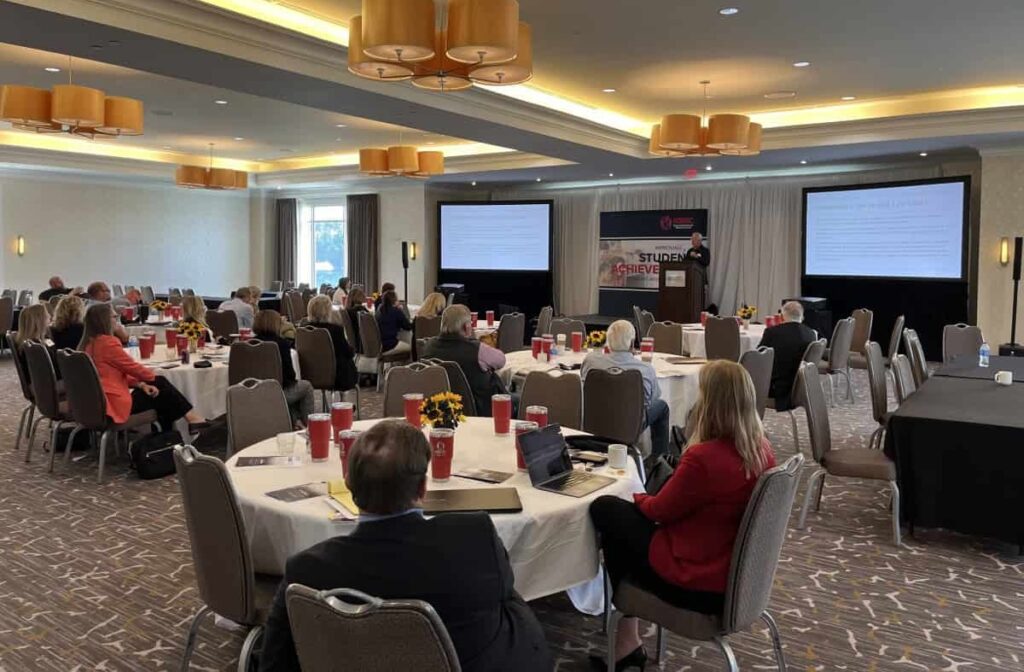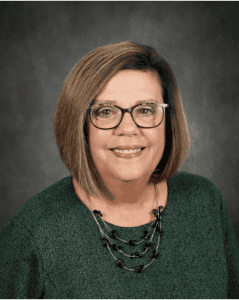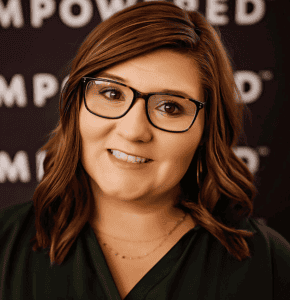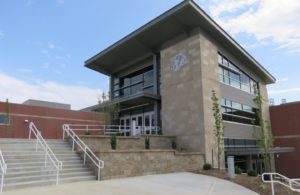Kansas school board members share ideas on improving student outcomes at 2nd annual conference
(The Sentinel) – With the goal of reversing the downward trend in K-12 proficiency levels, school board members and superintendents from across Kansas gathered in Wichita for the Second Annual…

(The Sentinel) – With the goal of reversing the downward trend in K-12 proficiency levels, school board members and superintendents from across Kansas gathered in Wichita for the Second Annual Improving Student Achievement By Changing Adult Behaviors Conference sponsored by the Kansas School Board Resource Center (KSBRC).
Like The Sentinel, KSBRC is a subsidiary of the Kansas Policy Institute (KPI).
Attendees heard from education policy experts, reviewed the most recent assessment scores, and received a recap of this year’s legislative session. They also heard a presentation on legal issues facing schools and shared ideas in informative breakout sessions throughout the day-long event.
KSBRC Executive Director Ward Cassidy also announced that Kansas school board members will soon have access to a free legal hotline through its national partner, School Boards for Academic Excellence.
Keynote speaker A.J. Crabill, author of Great on Their Behalf: Why School Boards Fail, How Yours Can Become Effective, said effective board members represent both the vision and values of their communities. In an interview with The Sentinel, he explained those terms:
“The community’s vision is about what it wants its students to know and be able to do. The community’s values are about the non-negotiable that must be honored on the journey toward the vision. The function of the school board is to represent both the community’s vision and the community’s values, ensuring that they are the focus of the school system’s efforts on the community’s behalf.”

Crabill also called for aligning “financial” and “people” resources in budget deliberations, questioning why the total dollar amount gets headlines while personnel makes up some 85% of all school spending:
“I suspect one reason of many, is that the deployment of dollars is more easily quantified than the effectiveness of people. But when it comes to improving student outcomes, of all the variables that school systems control, teacher effectiveness matters more than anything else.”
Board members react to KSBRC conference
Board members and superintendents at the KSBRC conference enjoyed multiple opportunities to share their experiences and network with people sharing similar challenges.
New board member and former educator Cathy Boote of USD 260 in Derby shared how her board works to improve transparency with patrons, called “Community Chit Chat”:
“The board started this last year. Three Board members, along with administration, invite parents and the public to meet us for donuts and coffee at Derby Donut. We do this at 6:30 in the morning 2-3 times per year. Many times, it is open topics, and sometimes, we specify topics. We usually do not get a big turnout, but we still feel it is valuable to let the public know we are here to listen. Next week’s topic is about banning cell phone use at school. I have a feeling this one may bring out more people. Our schools send the meeting information out to parents, an invite is placed on Facebook and The Derby Informer runs an article about it also.”

Boote says school board efforts to keep communication lines open extend to school personnel in Derby, “Staff Chew and Chat”:
“A voluntary opportunity for staff to have lunch with a Board Member. This is an informal time to have an opportunity to visit and hear about how things are going in all buildings/departments. One to two board members sign up to have lunch at each of our schools, our Operations Department, and the Administration Building. I always share that I am there to hear about points of pride as well as any challenges they might be experiencing. If they discuss a challenge with me, I always ask them if they have a suggested solution. Their names remain anonymous, but we type up a list of what was discussed and share it with all board members and administration.”
Boote adds:
“I believe that open communication and collaboration with parents, staff, students, and community to solve problems is essential to academic improvement in our district. All of these items were in place before I joined the board last January, but I have jumped right in to be a part of them. I have learned so much in the process and I believe I am building trust with all stakeholders in the process.”

Lindsay Zimmerman, on the board of Chaparral USD 361, will take several ideas home with her from conversations with fellow members at the KSBRC conference:
- A plan to adjust our meeting agendas so that a majority of our time is focused on student outcomes.
- A clearer understanding of how to request financial reports and budgets that align spending with outcomes, rather than relying solely on the state’s complex formats.
- A valuable resource to consult when reviewing policies that balance individual and family freedoms while safeguarding the district’s interests.
- New contacts to gain unbiased perspectives on the challenges we face as school board members.
- A deeper understanding of At-Risk Funding—its purpose and best practices for tracking its usage.
- Tangible ideas from other districts, including:
– Reviewing the reporting structure and responsibilities of the board clerk.
– Implementing randomized roll-call votes to prevent voting bias.
– Introducing “information-only” board meetings—public sessions focused on gathering information without requiring a quorum, reserving board meeting time for essential action items and student outcome updates.
– Establishing norms for board members to visit schools and engage with educators and students.
– Extending open invitations to media for greater accountability and communication with our community.
She adds author Crabill is a valuable resource for USD 361:
“Our district is already engaging with the *Great on Their Behalf* strategy, and we’re thrilled to have direct coaching from A.J. Crabill, the author, to help address important questions and challenges that have surfaced.”
KSBRC is a non-profit that provides training, model policy, and other services similar to a state school board association with two exceptions: its services are all free of charge, and they are student-focused.



